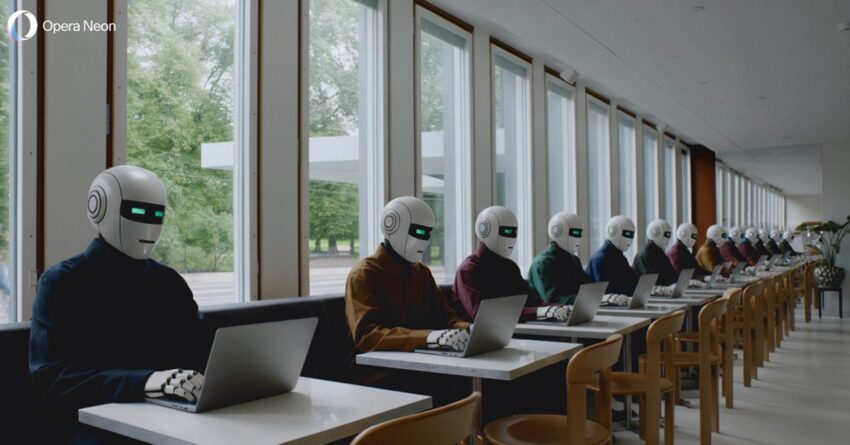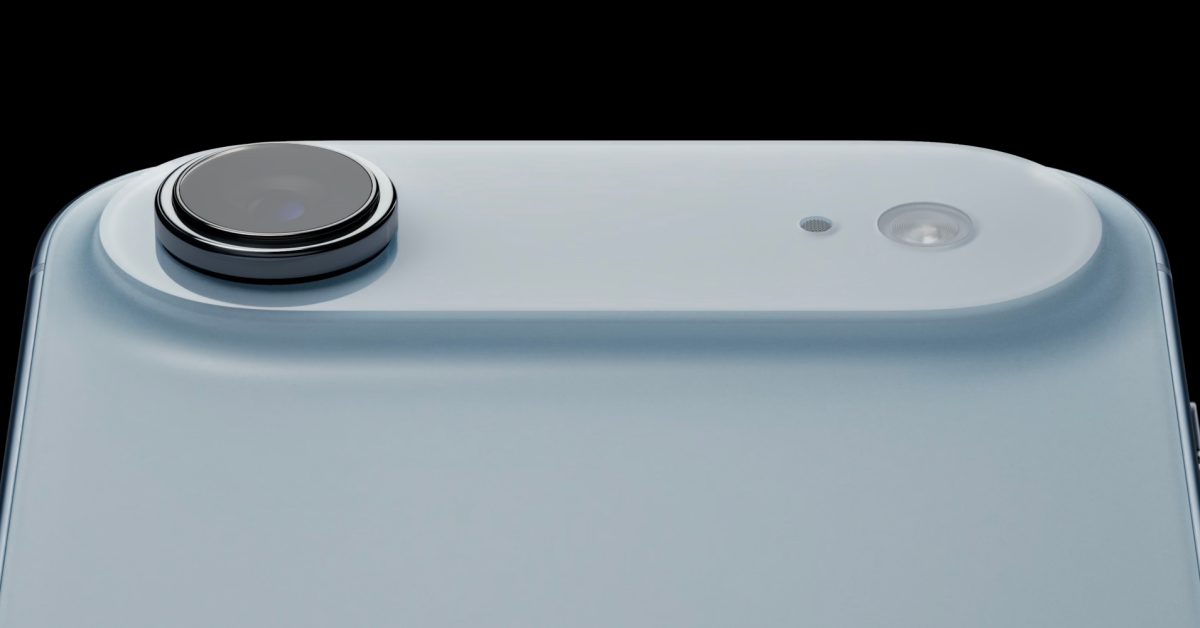
opera expands neon s ai toolkit with Opera has introduced a significant enhancement to its AI-powered browser, Neon, by integrating a deep research agent that can efficiently split queries into multiple tasks, thereby delivering more comprehensive results.
opera expands neon s ai toolkit with
Overview of Opera Neon
Opera Neon, launched as a concept browser, aims to redefine the browsing experience by leveraging artificial intelligence to streamline user interactions. Unlike traditional browsers, Neon focuses on a more visual and intuitive interface, allowing users to navigate the web in a way that feels more like interacting with a digital workspace. The introduction of the deep research agent marks a pivotal moment in its evolution, enhancing its capabilities and positioning it as a formidable tool for users seeking in-depth information.
Functionality of the Deep Research Agent
The core functionality of the deep research agent lies in its ability to dissect complex queries into manageable tasks. This feature is particularly beneficial for users who often engage in extensive research or require detailed information on specific topics. By breaking down a query, the agent can access multiple sources simultaneously, aggregating data to provide a more thorough and nuanced response.
How It Works
The deep research agent employs advanced algorithms to analyze the user’s input. When a user submits a query, the agent identifies key components and themes within the request. It then formulates sub-queries that target specific aspects of the original question. This multi-faceted approach allows the agent to pull information from various databases, articles, and websites, synthesizing the findings into a cohesive answer.
Benefits of Task Splitting
There are several advantages to this task-splitting mechanism:
- Efficiency: By processing multiple queries at once, the deep research agent significantly reduces the time users spend searching for information.
- Comprehensiveness: Users receive a more rounded view of the topic, as the agent gathers insights from diverse sources.
- Contextual Relevance: The agent can prioritize information based on relevance, ensuring that the most pertinent data is presented first.
- Improved User Experience: The streamlined process enhances the overall browsing experience, making it more intuitive and user-friendly.
Implications for Users
The introduction of the deep research agent has significant implications for various user demographics. From students and researchers to professionals and casual users, the ability to obtain comprehensive information quickly can transform how individuals approach online research.
For Students and Researchers
Students and academic researchers often face the challenge of sifting through vast amounts of information to find relevant data. The deep research agent can serve as a valuable ally in this endeavor, allowing users to focus on analysis and synthesis rather than the initial search process. By providing a more thorough overview of a topic, the agent can help students develop a deeper understanding of their subjects.
For Professionals
In the professional realm, time is often of the essence. The deep research agent can assist professionals in various fields by quickly gathering data, market insights, or competitive analysis. This capability can enhance decision-making processes, enabling professionals to act on well-informed insights rather than relying on incomplete information.
For Casual Users
Even casual users stand to benefit from the enhanced capabilities of Opera Neon. Whether planning a trip, researching a hobby, or simply seeking answers to everyday questions, the deep research agent can streamline the process, making information more accessible and less daunting.
Stakeholder Reactions
The introduction of the deep research agent has garnered attention from various stakeholders within the tech community. Industry analysts, users, and competitors have all weighed in on the potential impact of this innovation.
Industry Analysts
Industry analysts have praised Opera for its forward-thinking approach to browser technology. The integration of AI into the browsing experience is seen as a natural evolution, aligning with broader trends in technology where AI is increasingly being utilized to enhance user experiences. Analysts suggest that Opera’s move could set a new standard for browser functionality, compelling competitors to innovate in similar ways.
User Feedback
Initial user feedback has been largely positive, with many expressing enthusiasm for the increased efficiency and comprehensiveness of search results. Users have reported that the deep research agent significantly reduces the time spent on research tasks, allowing them to focus on more critical aspects of their work or studies. However, some users have also raised concerns about the potential for information overload, emphasizing the need for the agent to prioritize and filter results effectively.
Competitor Response
Competitors in the browser market are likely to take note of Opera’s advancements. As AI continues to reshape various industries, other browser developers may feel pressured to incorporate similar features to remain competitive. This could lead to a wave of innovation across the market, ultimately benefiting users with more advanced tools and functionalities.
Contextualizing the Development
The launch of the deep research agent comes at a time when the demand for efficient information retrieval is greater than ever. With the exponential growth of online content, users often find themselves overwhelmed by the sheer volume of data available. The deep research agent addresses this challenge head-on, providing a solution that not only saves time but also enhances the quality of information accessed.
The Role of AI in Browsing
AI has become an integral part of many digital experiences, from personalized recommendations on streaming platforms to chatbots in customer service. In the context of web browsing, AI can significantly improve how users interact with information. By leveraging machine learning and natural language processing, Opera’s deep research agent exemplifies how AI can enhance user engagement and satisfaction.
Future Prospects
Looking ahead, the potential for further development of the deep research agent is vast. Future updates could include more advanced features, such as personalized search results based on user behavior or enhanced filtering options to combat information overload. Additionally, as AI technology continues to evolve, the capabilities of the deep research agent may expand, offering even more sophisticated tools for users.
Conclusion
The introduction of the deep research agent in Opera Neon represents a significant advancement in the realm of web browsing. By enabling users to obtain comprehensive information quickly and efficiently, Opera is not only enhancing the user experience but also setting a new benchmark for browser functionality. As the landscape of digital information continues to evolve, tools like the deep research agent will play a crucial role in shaping how users interact with the web.
Source: Original report
Was this helpful?
Last Modified: October 21, 2025 at 10:38 am
8 views















